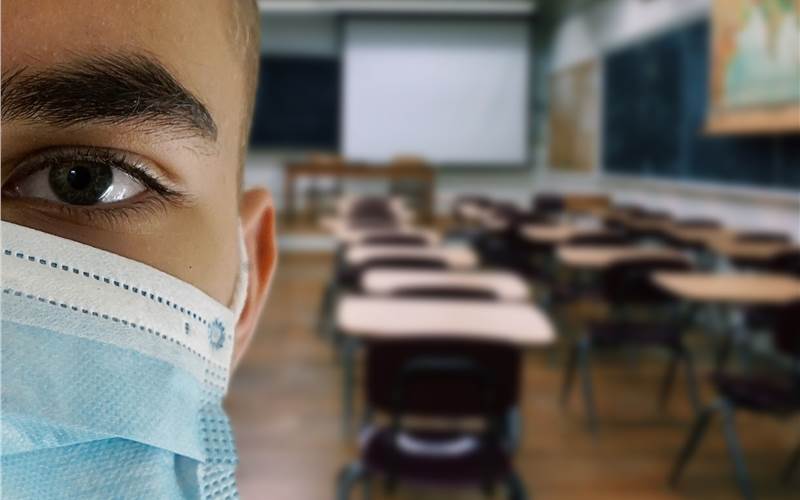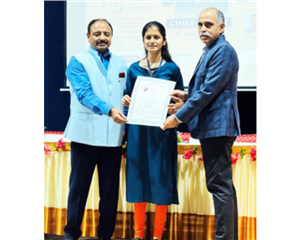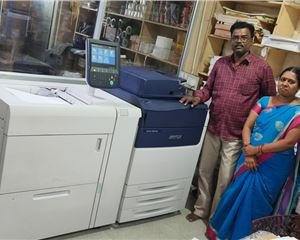Is Coronavirus reshaping education?
While the pandemic has a sudden and forced adoption of technology-driven learning on companies and institutions, one question still persists: Will this be the new normal?
26 Jun 2020 | By Charmiane Alexander
The transition from in-school to online and remote learning has been quick, drastic and unprecedented but many have come together and have used this platform to share their expertise and tips to make this transition simple and easy.
Some believe it is a great moment for learning in the world of education, the distant dream of digital learning is being enacted as a reality on a day-to-day basis.
But with plentiful resources and ideas, the concern for adequate bandwidth looms while its limitations are on display for the world to see.
Normal school system remains disrupted due to the Covid-19 and is unlikely to resume anytime soon. With most of the educational institutions shut down since March, academics have taken a big hit.
While the government had earlier announced a statement on virtual classes and pre-recorded, states like Karnataka have banned pre-recorded classes for students of class five and below. The ministry of human resource development (MHRD) is yet to issue official guidelines on the education system. Majority of Indian parents are unwilling to send their child to school immediately upon reopening.
According to a survey conducted by LocalCircles, a community social media platform, 64% of parents are in favour of online class in schools as against 31% wanting a ban on them. The survey said, “Most parents are of the opinion that the online classes should not be banned, but regulated in terms of the number of hours each day, so that younger children could continue to get education as well as a schedule is put to their days. According to some parents, for children in the marginalised sections of the society, the government should instead look at enabling education through television channels and radio channels.”
A digital divide is also seen where kids without devices or internet connection are cut off from learning completely. According to the World Food Programme, three hundred million primary school children who depend on school meals are missing out due to closures triggered by the coronavirus pandemic.
The role of teachers and the activity of learning may transform in the days to come. Strategy under uncertainty and a multifaceted plan of action is necessary in order to build an adaptable education system.
We will know what worked well and what didn’t. But if done correctly, we will be able to prepare the next generation for the labour market in the right manner.
Visit the PrintWeek Twitter handle and vote:
Poll: eLearning the new normal in education in the wake of Covid-19. What is your take on it?
- Yes, this is the future
- No, this is not ideal
- We are not ready yet
- Must be accessible to all













 See All
See All